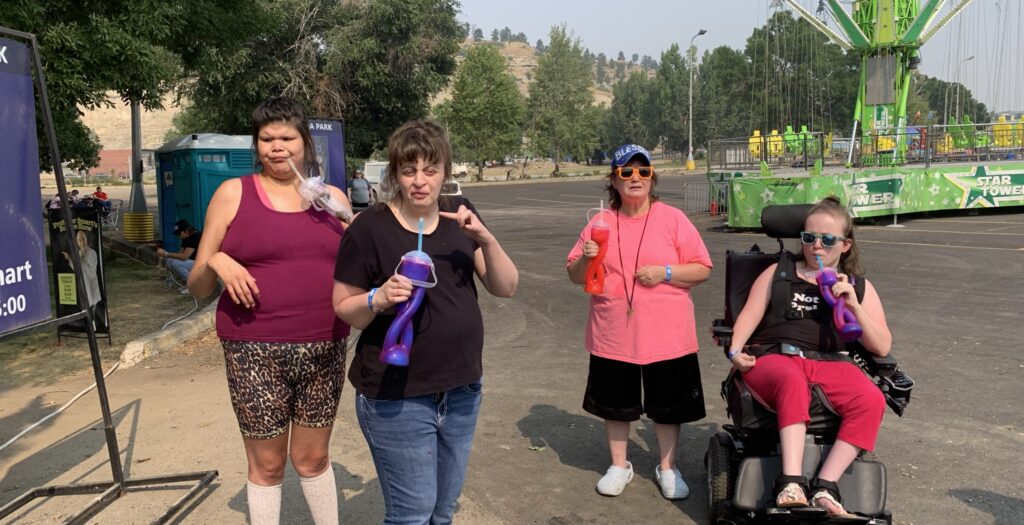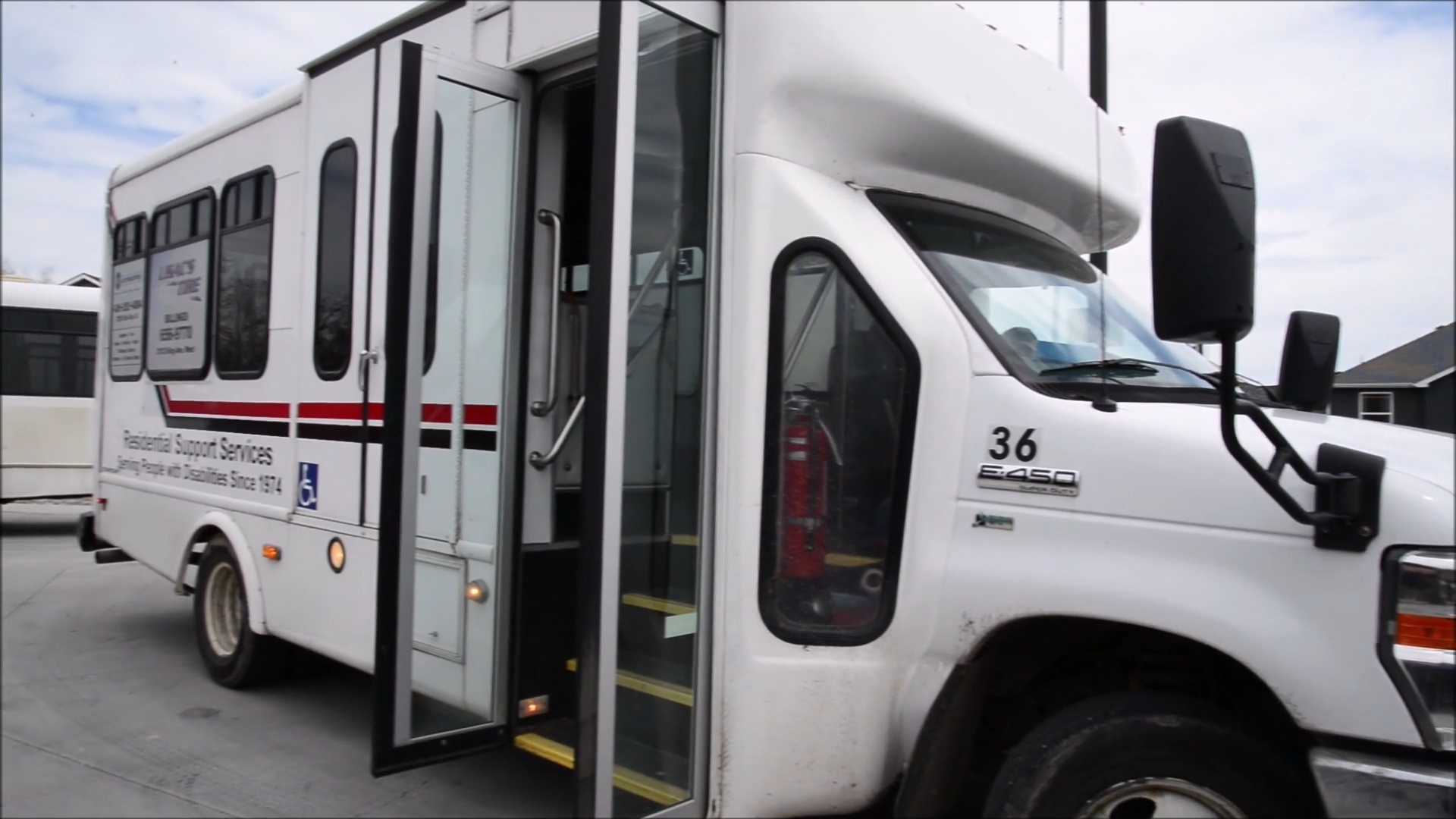Why You Must Pick the Right Group Home for Your Loved One
Intellectual or developmental disability (IDD) can significantly impact the lives of individuals and their families. People with these conditions may struggle to communicate, learn, socialize, and perform daily tasks. They may also suffer from low self-esteem because of the stigma.
For those reasons, being a responsible family member means ensuring they get the necessary support and care. Besides communicating effectively, you can help your loved one by finding reliable group homes near your area.
If you want to help your disabled loved one get the best care, this article will discuss what a group home offers and how to find the best one. We’ll also explain how they can benefit adults with disabilities.
What Can a Group Home Offer to Someone with a Disability?
Group homes must have a family-like atmosphere, with a few residents for each staff member. People in these residential facilities share the living space with others with IDD. They help residents reach their highest potential and live independently as much as possible.
The staff also offers help with daily tasks like cooking, cleaning, and personal care and encourages residents to participate in fun and meaningful activities. Moreover, these facilities may provide employment opportunities for those interested in working as a staff member there.
How to Find the Right Group Home
Begin finding a group home for your disabled loved one by contacting their healthcare provider about getting referrals. When visiting the potential homes, you must check if the facilities are clean and well-maintained and if residents are happy and engaged in activities. You should also ensure the staff is trained and background-checked and how they handle health and behavior concerns. Moreover, visit the facilities multiple times before deciding.
6 Benefits of Finding a Facility for Adults with Disabilities
After discussing these institutions’ offerings and how to find the right one, here’s how your disabled loved one can benefit from group homes.
-
Get Essential Daily Living Assistance
Adults with disabilities may need assistance with daily activities like bathing, dressing, and eating. The right group home will help with those tasks while promoting their independence and self-sufficiency.
-
Ensure a Safe Living Environment
These facilities provide a safe living environment for adults with disabilities. They’re fully licensed; professionals inspect them regularly for safety and compliance. Staff members also undergo extensive training and exercise compassion towards residents. Moreover, they provide peace of mind for families who can’t be with their loved ones 24/7.
-
Access Thorough Medical Treatment
Trained staff members provide ongoing medical and mental health treatment for adults with disabilities, like nursing care, medication management, transportation to appointments, and the use of therapeutic and accessibility devices. They also provide peace of mind for families by regularly reviewing and following treatment plans precisely.
-
Improve Independence
Group home residents have varying independence levels and may need help regulating emotions, communicating, and managing money. These facilities provide personalized care to promote independence and offer customized training to improve conversational, cooking, and shopping skills. Moreover, staff members aim to help residents be as independent as possible while living in a community.
-
Ensure Family Interaction
Staff members encourage residents to stay connected with their families because this support is essential to their well-being. Group homes allow for ongoing family interaction and involvement, including participation in treatment plans and decision-making about care and the future.
-
Stimulate Social Life
Group homes offer various activities for adults with disabilities, which provide beneficial stimulation and support quality of life. These activities include playing games, shopping, participating in hobbies, volunteering in the community, and interacting with family members.
To Sum It Up
Your loved one with an IDD deserves the best care and support, especially with the still rampant stigma. You can help them live better by contacting their healthcare provider for referrals and finding the best group homes near your area.
If your disabled loved one needs the best group homes near Billings, MT, bring them to Residential Support Service! We’re committed to helping our residents be more independent with our quality care. Contact us now!









